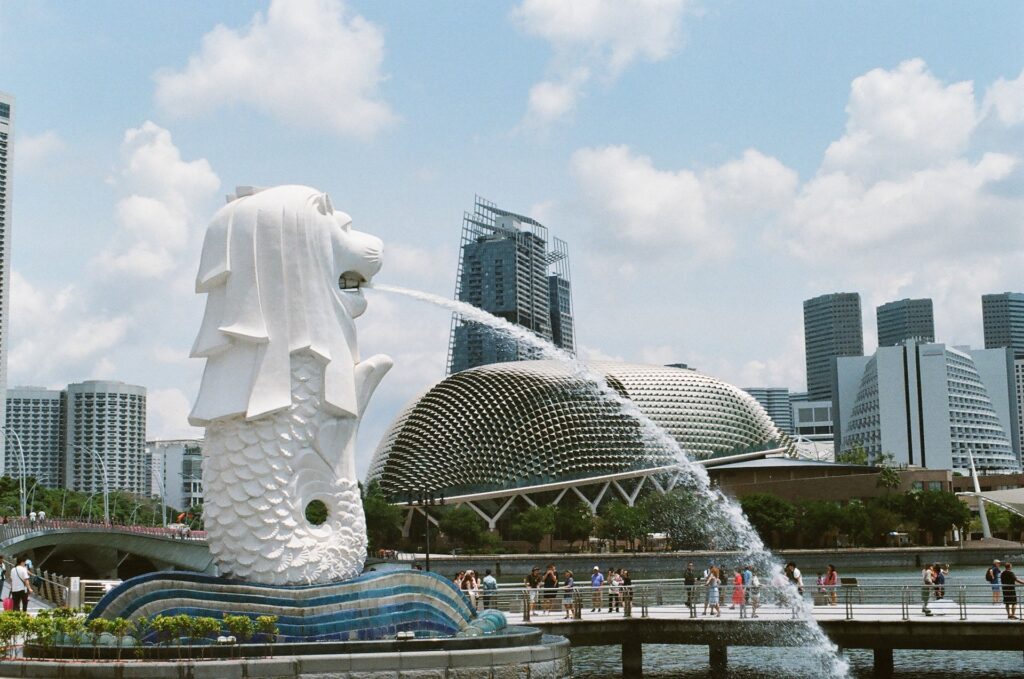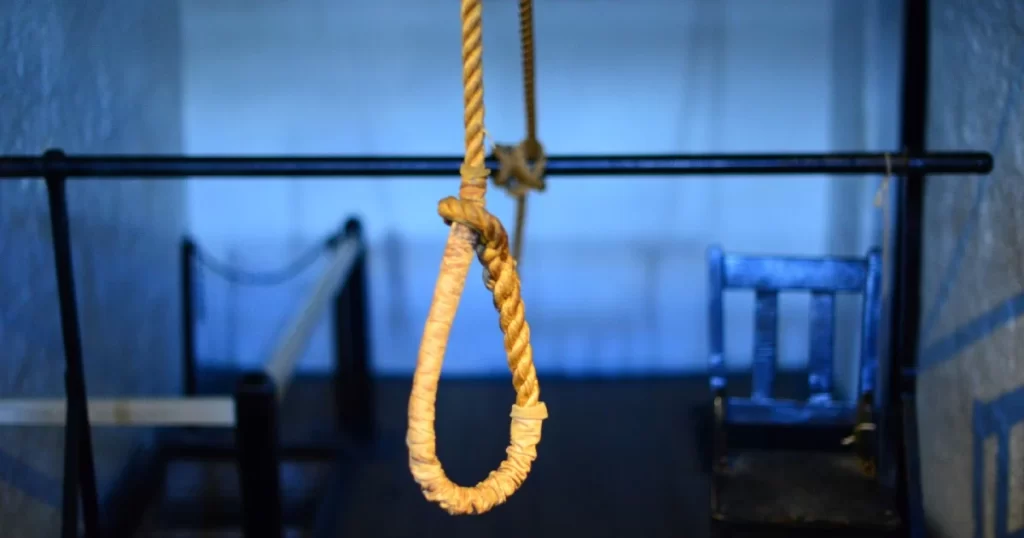
In a chilling display of Singapore’s unwavering commitment to its stringent anti-narcotics laws, the city-state has witnessed yet another execution within a span of just three weeks. The condemned man met his fate at the gallows after being found guilty of trafficking approximately 1.5kg of cannabis. This conviction, dating back to 2019, resurfaced as Kokila Annamalai of the esteemed local rights group, Transformative Justice Collective, confirmed the grim details to AFP.
For Singapore, renowned worldwide for its no-nonsense approach to drug offenses, the penalty for trafficking over 500 grams of cannabis is nothing short of severe – capital punishment by hanging. As the sun set on Changi Prison Complex, a spokesperson from the city-state’s prison service solemnly announced the execution of a 36-year-old Singaporean man. In respect for the wishes of the bereaved family, the Central Narcotics Bureau (CNB) elected to withhold the man’s identity.
Affirming the due process adhered to throughout the legal proceedings, CNB released a separate statement, ensuring that the accused had access to legal counsel every step of the way. Despite a last-ditch appeal mounted by concerned parties, including Annamalai, seeking a case review and stay of execution, their efforts were ultimately in vain. The appeal was dismissed just a day prior, effectively sealing the condemned man’s fate.
While international pressure mounts for the abolition of the death penalty, Singapore remains unyielding, adamantly asserting its belief that capital punishment serves as a formidable deterrent against drug trafficking. This most recent execution marks the second of its kind in Singapore this year alone. Only a month ago, Tangaraju Suppiah, aged 46, met the same tragic end for his involvement in a cannabis smuggling conspiracy, as reported on April 26.

Since the resumption of executions in March 2022, after a two-year hiatus, Singapore has executed a total of thirteen individuals on death row. Tangaraju Suppiah’s execution reverberated globally, igniting widespread outcry as human rights organizations and advocacy groups raised questions about the perceived flaws within his case. Yet, the Singaporean government resolutely maintained that the accused’s guilt had been unquestionably established.
Amidst the rising clamor for the abolishment of capital punishment, activists remain steadfast in their mission to encourage Singapore to reconsider its stance. Asserting that the death penalty has failed to demonstrate any tangible impact on curbing crime, human rights organizations such as Amnesty International continue to call for an immediate cessation of executions and a commutation of all existing death sentences.
This fervent plea to end the cycle of violence resonates globally, amplifying the chorus of voices that have long deemed capital punishment an inhumane practice. As the world watches and waits, Singapore faces mounting pressure to reevaluate its approach to justice, prompting a fundamental shift toward compassion, understanding, and the preservation of life.